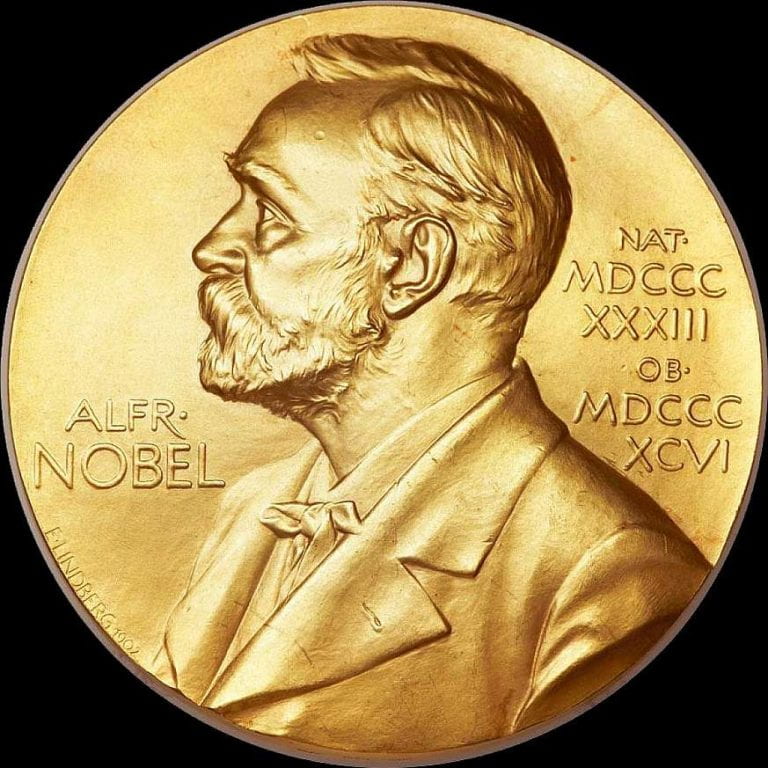The Nobel Prizes are awarded annually on December 10 which marks the anniversary of Alfred Nobel’s death. According to Nobel’s will, the prize and award funds “is to be distributed annually as prizes to those who, during the preceding year, have conferred the greatest benefit to humankind.” (Nobel Prize Outreach AB, 2023) Since 1901, the Nobel Prize has been awarded over six hundred times and one thousand laureates have been recognized across the five award categories.
The 2023 Nobel Prize in Physiology or Medicine was awarded to Katalin Karikó and Drew Weissman. Their research in mRNA and its potential therapeutic applications “contributed to the unprecedented rate of vaccine development during one of the greatest threats to human health in modern times.” (The Nobel Assembly at Karolinska Institute, 2023) Karikó and Weissman’s research not only significantly contributed to the rapid development of the COVID-19 vaccine, but their work may be used as the foundation to create future immunizations against certain forms of cancer or other debilitating illnesses.
Prior to the work of Karikó and Weissman “In vitro transcribed mRNA was considered unstable and challenging to deliver…Moreover, in vitro-produced mRNA gave rise to inflammatory reactions.” (The Nobel Assembly at Karolinska Institute, 2023) Despite these obstacles, the two researchers collaborated and through their efforts “Karikó and Weissman had eliminated critical obstacles on the way to clinical applications of mRNA.” (The Nobel Assembly at Karolinska Institute, 2023)
In their first reactions interviews, Katalin Karikó and Drew Weissman shared what winning the award meant to them and how their long careers led them to this moment:
The formal award ceremony will take place on December 10, 2023 in Stockholm, Sweden and will be broadcast live on television and on The Nobel Prize YouTube channel. To learn more about previous Nobel Prize winners or about the history of these awards, visit the Nobel Prize website.
References:
- Keyton, D., Corder, M., & Burakoff, M. (2023, October 2). Karikó and Weissman win Nobel Prize in medicine for work that enabled mRNA vaccines against COVID-19. The Associated Press. https://apnews.com/article/nobel-prize-medicine-71306bd18785477f3a85a69caa6e09c9
- The Nobel Assembly at Karolinska Institute. (2023, October 2). The Nobel Assembly at the Karolinska Institutet has today decided to award the 2023 Nobel Prize in Physiology or Medicine jointly to Katalin Karikó and Drew Weissman [Press release]. https://www.nobelprize.org/uploads/2023/10/press-medicineprize2023-3.pdf
- Nobel Prize Outreach AB. (2023). Alfred Nobel’s will. The Nobel Prize. https://www.nobelprize.org/alfred-nobel/alfred-nobels-will/


